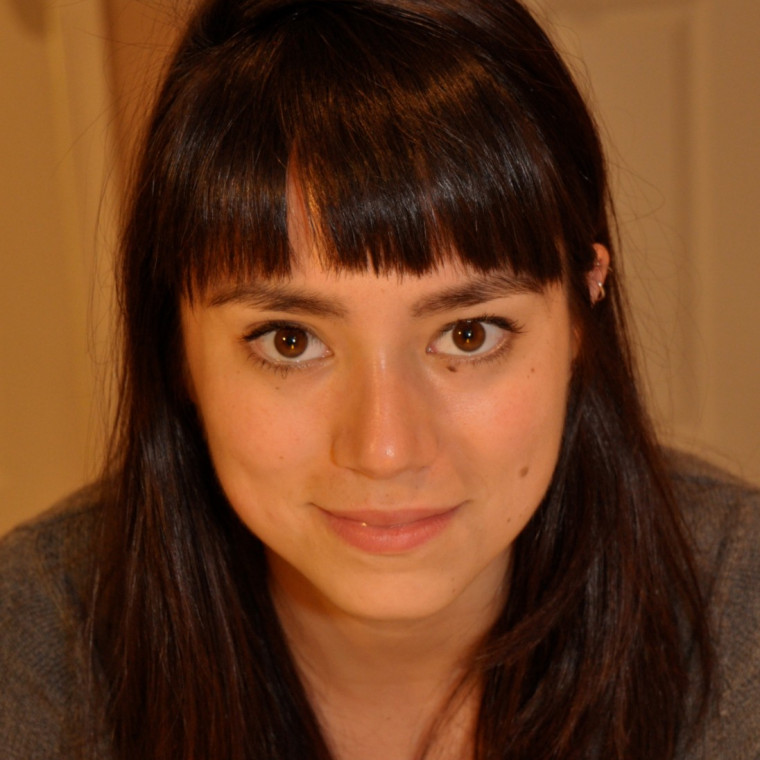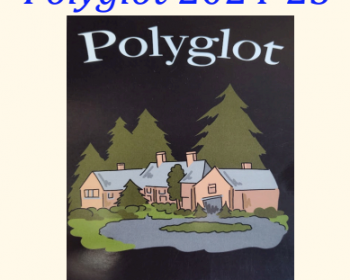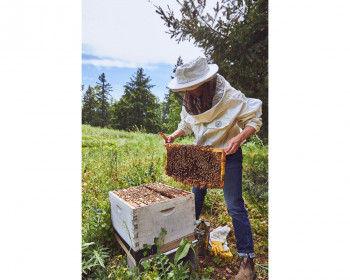Rachel Young ’11 puts ENVS degree to good use at American Council for an Energy-Efficient Economy
Open gallery

Recent Alumni Spotlight: Rachel Young
Hailing from Washington, D.C., Rachel Young ’11 is a researcher at the American Council for an Energy-Efficient Economy (ACEEE) where she evaluates the impacts of federal and national energy efficiency policies conducting quantitative and qualitative research in a number ACEEE priority areas. In particular, Rachel focuses on the analysis of laws and regulations that impact natural resources including energy efficiency as a mechanism to reduce air pollution, the water-energy nexus, and natural gas efficiency policies and programs. She has authored several publications on these topics and is a frequent speaker and presenter.
Center for Career and Community Engagement: Where are you working? Describe a typical work day.
Rachel Young: I am working in Washington D.C. at the American Council for an Energy-Efficient Economy (ACEEE) a nonprofit think-tank organization, which acts as a catalyst to advance energy efficiency policies, programs, technologies, investments, and behaviors. I started at ACEEE in September 2011 as the Assistant to the Directors and I was promoted to Policy Researcher in September 2012. In my new position I conduct quantitative and qualitative research on laws and regulations that impact natural resources including energy efficiency as a mechanism to reduce air pollution, the water-energy nexus, and natural gas efficiency policies and programs. I have authored/coauthored several publications (8 to date) in these topic areas including the ACEEE 2012 International Scorecard and Tackling the Nexus: Exemplary Programs that Save both Energy and Water. I am a frequent speaker and presenter at events and conferences. On a typical work day I conduct research on policy and programs relating to energy efficiency. These research projects vary but I have four main areas of focus right now including Air Regulation Technical Assistance, Energy and Water Nexus, Research Assistance to the Executive Director, and Federal Legislation.
3CE: How did you find out about this opportunity?
RY: I first found out about the job opening from Jim Proctor, Professor of Environmental Studies at Lewis & Clark. He was contacted directly by a staff person at ACEEE, alumna Sara Hayes ’98 (Fun fact: Sara Hayes graduated with the first class of Environmental Studies majors). Sara asked him to put her in contact with a recent graduate looking for an entry level position at an energy and environmental nonprofit organization. Jim sent the opening on to me and I had an informational interview with her and she assisted me with my application for the position.
3CE: What skills or competencies did you emphasize during the application/recruitment/interview process that resonated with the employer?
RY: When I was interviewed for the position I was applying for the Assistant to the Directors opening which had research elements but was also heavily administrative. In my interview I emphasized my ability to focus, work diligently, learn quickly, and my deep passion for energy and environmental issues. I also emphasized that I was looking for a position where I could use the research and academic skills gained at Lewis & Clark but also do some advocacy to help advance policies that would reduce waste and help improve our world. I made it clear that I was looking to work for a think-tank like organization that was willing to research and analyze the policies they were promoting. They were particularly interested in the Energy and Climate Fellowship I had done between my junior and senior year at the Breakthrough Institute.
3CE: How has your liberal arts education prepared you for life beyond college?
RY: The analytical, technical, and critical thinking skills I gained at Lewis & Clark have served me tremendously. I first ran statistical analyses in SPSS—something I now do in my job—in introductory biology and Environmental Studies 220. As a researcher, I also draw on the specialized analytical skills I developed in an environmental law course I took my senior year. I use the skills I learned in the work that I do with EPA and federal policy analysis. I also gained a better understanding of leadership and community organizing through my involvement in clubs and student government at LC. Running SEED my sophomore year helped teach me how important having good working relationships with people is to getting things done. SEED also as gave me the ability to oversee people, organize and coordinate events and campaigns, juggle multiple projects and commitments, and understand how organizations run.
3CE: What has surprised you most about life after college?
RY: How young I am. Joining the workforce has really opened my eyes to how young I am and how little experience I have relative to many of my colleagues who have been working in the field for 20 or 30 years.
3CE: What advice would you give graduating seniors getting ready to enter the workforce?
RY: I would encourage graduating seniors to reach out to alumni who graduated 10 or 15 years ago and see where they are working and do informational interviews with them or reach out to them if you are thinking about applying for a job opening at an organization they work at. Think creatively and explore different kinds of jobs. I had no idea how many different kinds of jobs are out there until I entered the workforce. I would also recommend that graduating students apply to fewer jobs and doing a better job at crafting each cover letter. I read a lot of resumes and cover letters because I help coordinate our internship program at ACEEE and it is very obvious which people are just sending out the same cover letter to dozens of openings and which are really thinking about the open position and making a case for why they are a great fit for that specific job.
More Career Center Stories
Career Center is located in room 270 of Fowler Student Center on the Undergraduate Campus.
MSC: 175
email careers@lclark.edu
voice 503-768-7114
Director Rocky Campbell
Career Center
Lewis & Clark
615 S. Palatine Hill Road MSC 175
Portland OR 97219

